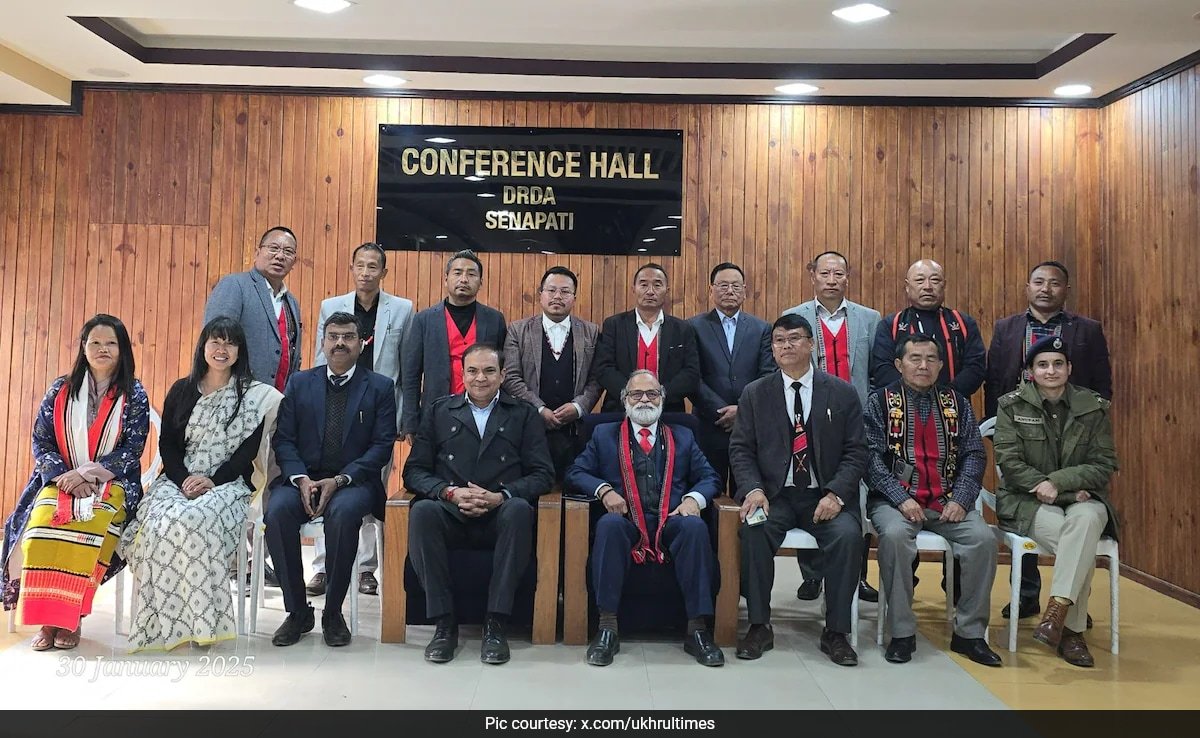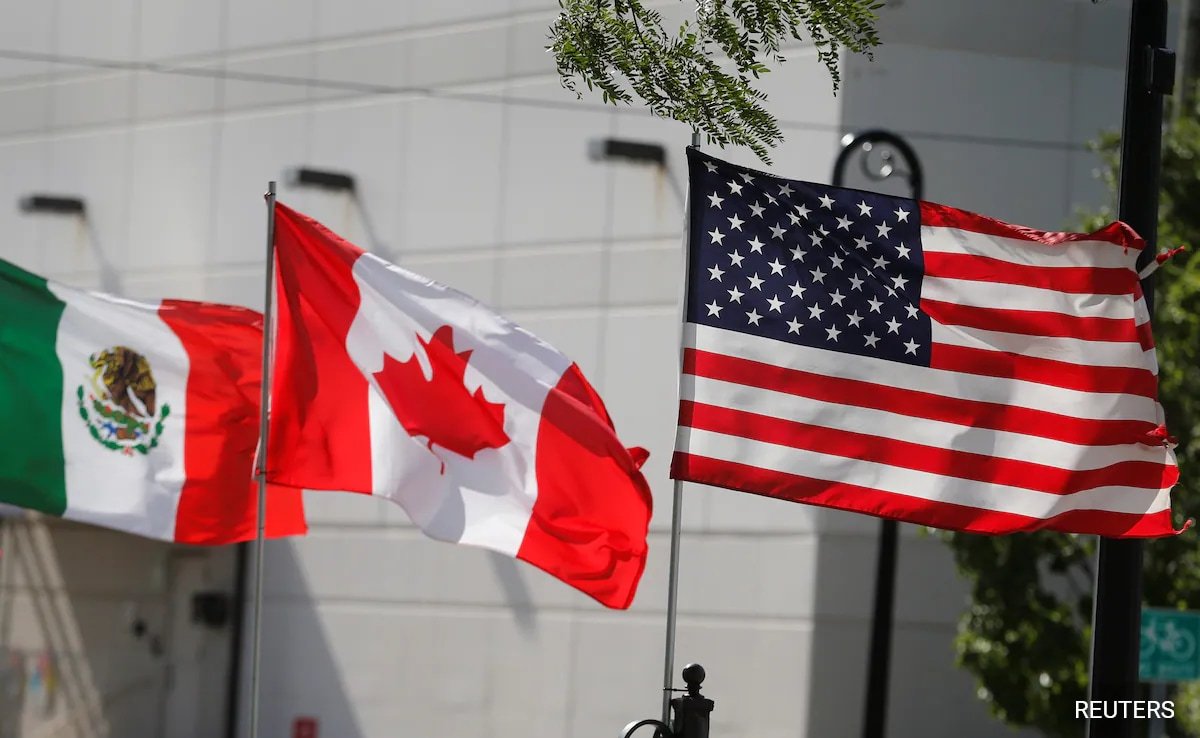The Supreme Court appeal hearing against this decision of the Allahabad High Court has begun. In this ruling of the High Court, the UP Madrasa Act was declared unconstitutional. During the hearing of this case, the Uttar Pradesh government made its case in favor of the Madrasa Bill before the Supreme Court and upheld it. Advocate ASG Natarajan, appearing for the UP government, argued that only those provisions of the Madrasa Bill that violate fundamental rights should be scrutinized and rejecting the bill outright would not be appropriate.
Can CJI- Madarsa Board students appear in NEET?
M Natarajan, ASG, on behalf of the UP government, said it would be wrong to completely repeal the UP Madrasa Act. This is not a question of legislative power, but a question of infringement of fundamental rights. There is no need to repeal the entire law for this purpose. Only provisions of the Act that violate fundamental rights should be scrutinized. However, according to government orders, madrasa schools are considered equal to other schools. CJI asks if students from madrasas can appear for NEET exam? The UP government lawyer said that for this students need to pass Physics, Chemistry, Biology (PCB).
What did the CJI say during Monday’s hearing?
It is a fundamental responsibility of the state to ensure quality education in state-sponsored religious schools. The religious schools board is only a regulatory body. During Monday’s hearing on the Madrasa Commission controversy, the Supreme Court said it was the state’s responsibility to ensure quality education and religious education in madrasas running with government aid. This way students can live a “decent” life after graduating from religious schools.
In fact, the Supreme Court is hearing a petition challenging the Allahabad High Court ruling declaring the Uttar Pradesh Madrasa Education Board Act, 2004, unconstitutional. The Supreme Court asked why the High Court found the Act unconstitutional when it was primarily a regulatory law.
Chief Justice DY Chandrachud sought clarity in the bill. It determines the conditions of service, the formulation of rules, etc. This is primarily a regulatory law, so on what grounds would it be declared unconstitutional? The High Court held that a secular state has no authority to set up religious education boards or school education boards only for a particular religion and its associated philosophies.
Earlier on April 5, a bench comprising Chief Justice DY Chandrachud, Justice JB Pardiwala and Justice Manoj Mishra provided relief to around 17 lakh madrasa students by staying the Allahabad High Court ruling. Let us tell you that the High Court declared the Uttar Pradesh Madrasa Education Board Act, 2004 as “unconstitutional” and contrary to the principles of secularism.










